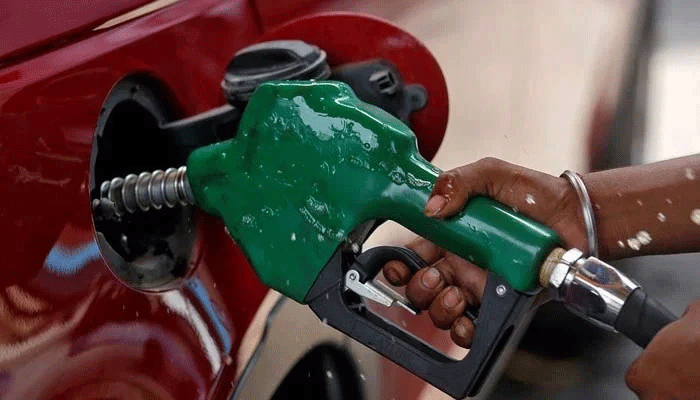Business
Govt keeps petrol price unchanged, reduces diesel rate by Rs5 per litre
-

 Latest News17 hours ago
Latest News17 hours agoPakistani Internet: Everything you should know about “Africa-2” contemporary cables
-

 Entertainment17 hours ago
Entertainment17 hours agoHania Aamir reveals details about her troubled childhood.
-

 Business17 hours ago
Business17 hours agoWith its second-largest surge ever, PSX approaches 114,000 points.
-

 Latest News17 hours ago
Latest News17 hours agoThe PPP and PML-N will confer on power-sharing arrangements in Punjab today.
-

 Latest News17 hours ago
Latest News17 hours agoWapda announces a revised timeline for the K-4 water project in Karachi.
-

 Latest News12 hours ago
Latest News12 hours agoAn NIH case of wild poliovirus was discovered in Balochistan, marking the 65th confirmed case of polio.
-

 Latest News12 hours ago
Latest News12 hours agoClimate-related challenges are growing in Pakistan, and the prime minister’s climate aide is advocating for gender-inclusive climate resilience.
-

 Latest News12 hours ago
Latest News12 hours agoA Seminar on Deciphering the Influence of the Media Is Being Organized by IICR

























